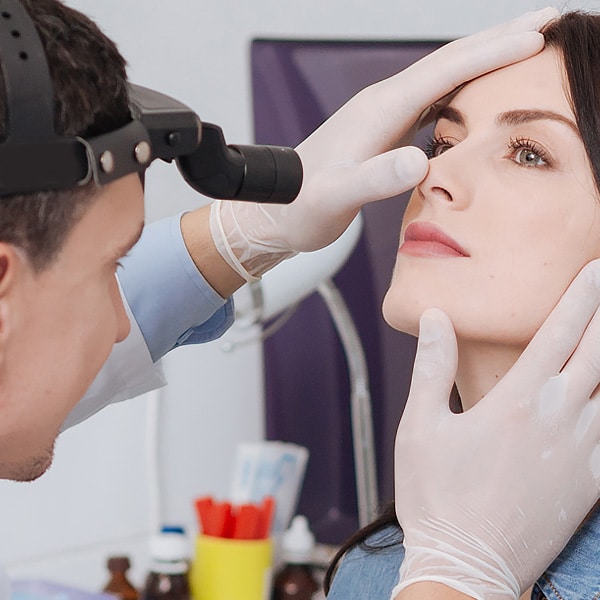When our bodies overreact to certain substances that we come in contact with, an allergy is usually to blame. These substances, also known as allergens, can cause allergic reactions when they are inhaled, ingested, or touched. Allergens are seen as harmful by the body even if by themselves they aren’t. When contact is made between a particular allergen and an individual who has an allergy to it, the body’s immune system goes into attack mode to try to eliminate the allergen. Allergic responses can vary from a mild, itchy rash to severe, life-threatening respiratory problems. The most common symptoms of allergies include runny nose, coughing, itchy, watery eyes, rashes, swelling, and sneezing. Food allergies can cause gastrointestinal upset as well.
Oftentimes, when people first experience an allergic reaction, they aren’t sure what caused it. Usually, it takes an episode or two before the cause becomes clear. If it’s not clear what caused the allergy, allergy testing is warranted to know what is causing the allergic reactions. Common forms of allergy testing include IgE skin testing and blood tests. Blood tests tend to be less able to detect what you are allergic to than a skin test. A thorough history and exam by a medical professional can also shed light on possible causes.
Once the allergen is identified, avoidance is recommended. If avoidance is not possible, feasible, or desired, there are different therapies available to treat or prevent allergies. While avoiding the allergen is best for the prevention of allergies, is not always possible and does not necessarily stop the allergic reaction once it starts. Some medications are available that can help prevent allergic reactions and treat minor symptoms while others are used for more serious allergic reactions.
Immunotherapy is one way of preventing allergies and is administered through injections or sublingual drops. Immunotherapy helps desensitize the body’s immune response to allergens by exposing the body to small doses of the allergen. The doses are slowly increased over time regularly for months or even years by individuals, all in hopes that they won’t need to take a daily medication for the rest of their life.
Daily medications for allergy treatment do exist; and while they don’t prevent allergies long term, they can minimize or prevent the allergic reaction while the medication is active in the body. Many of these medications (known as antihistamines, and nasal steroid sprays) are now available without a prescription in adult and child formulations.
